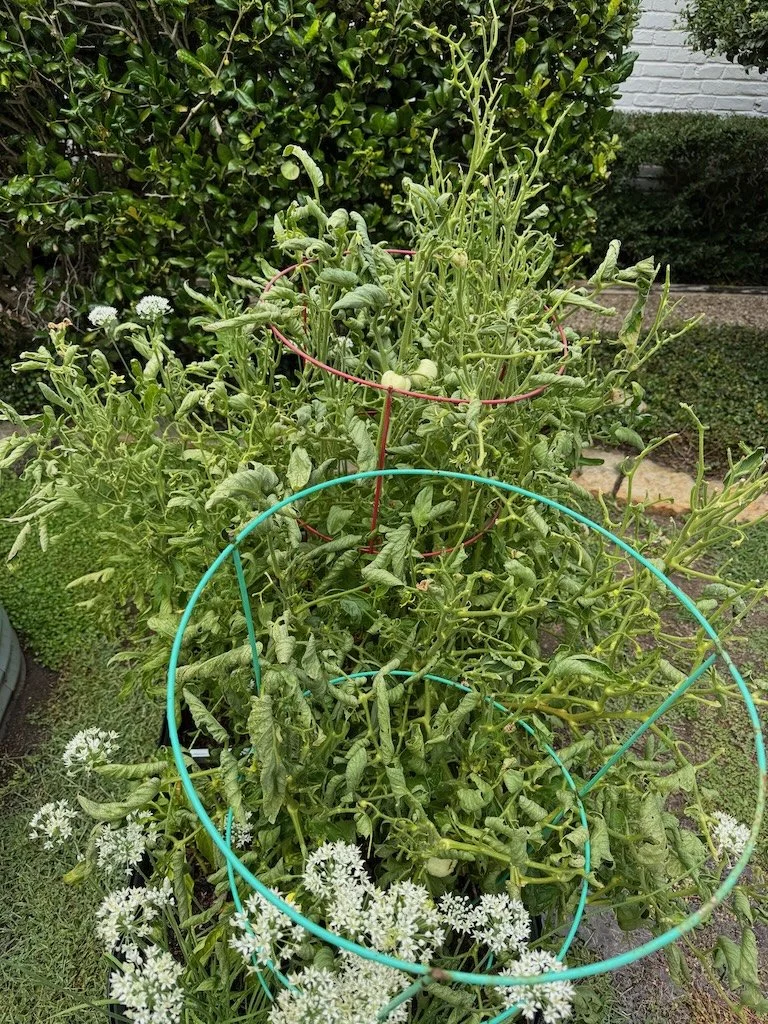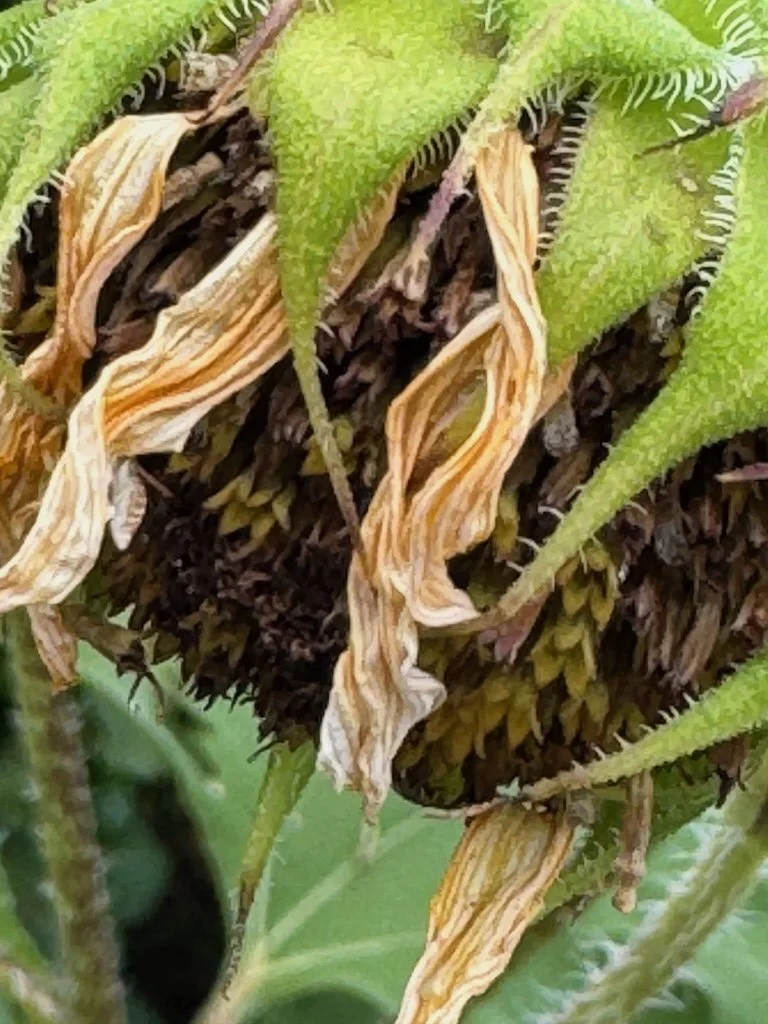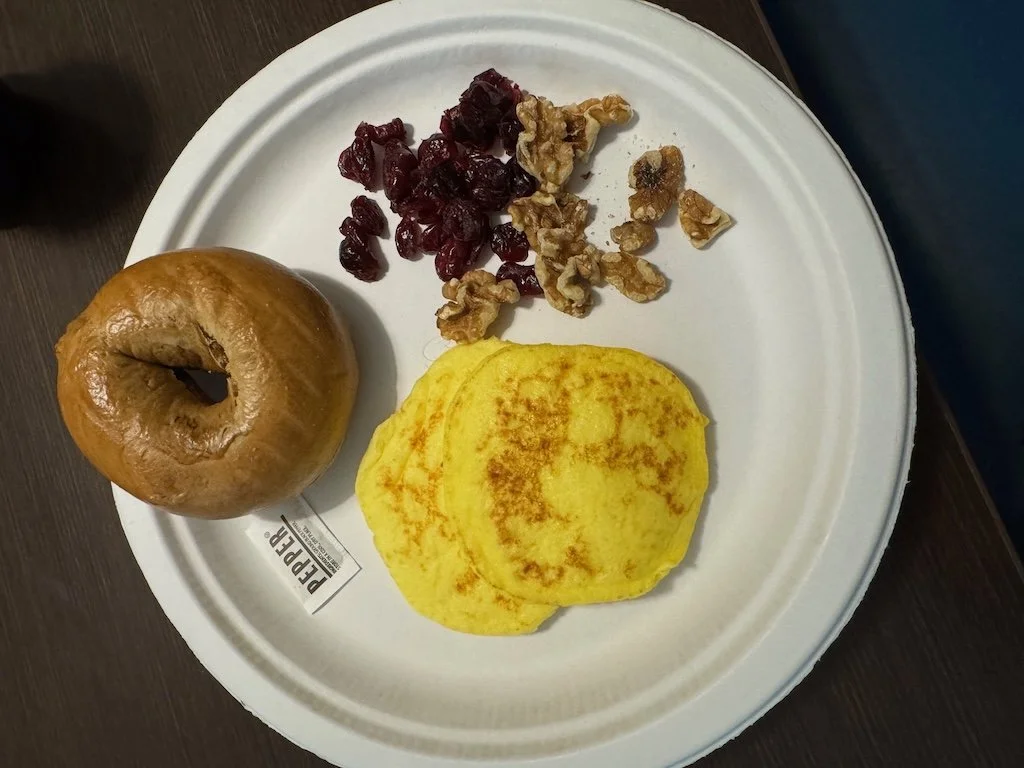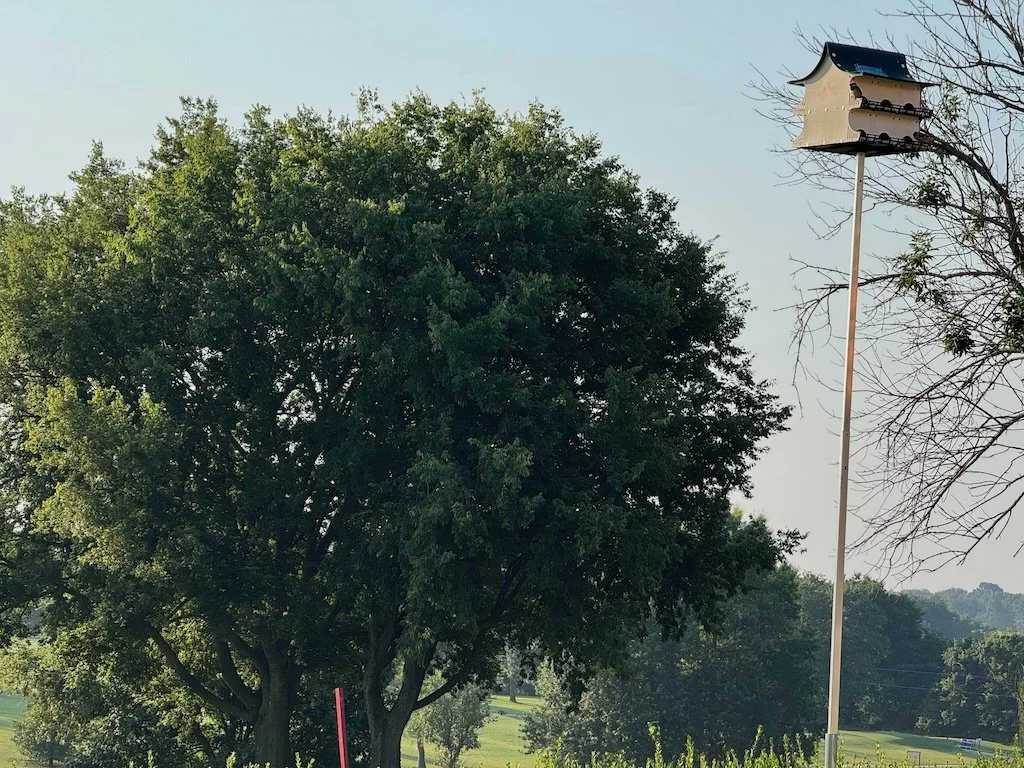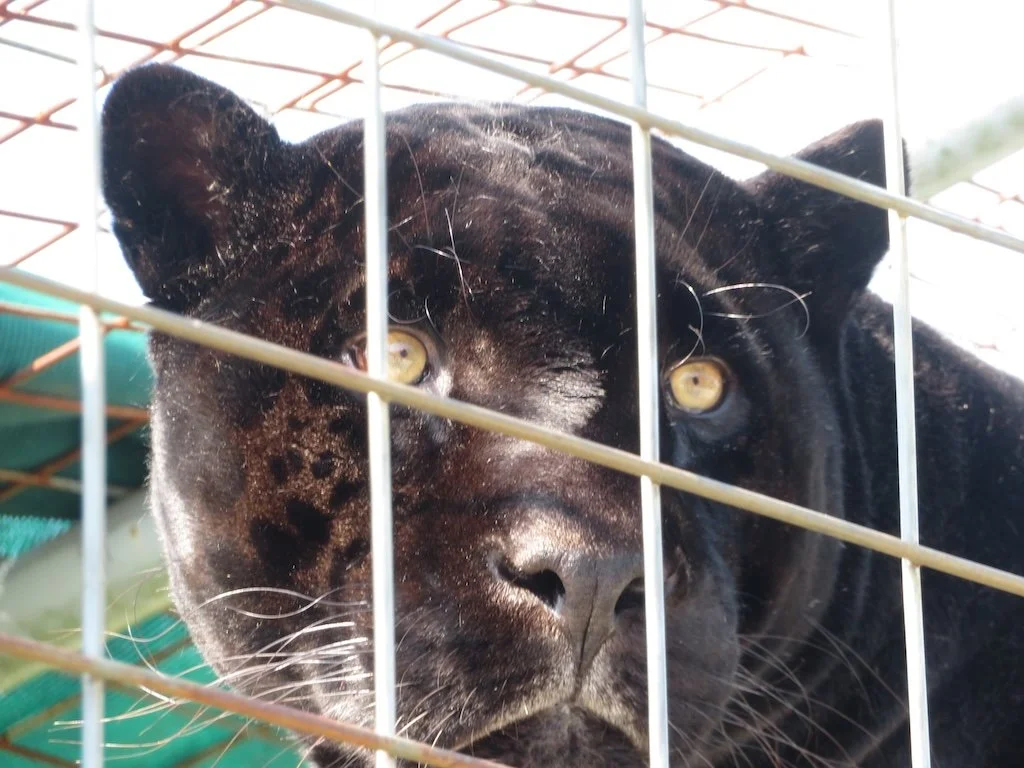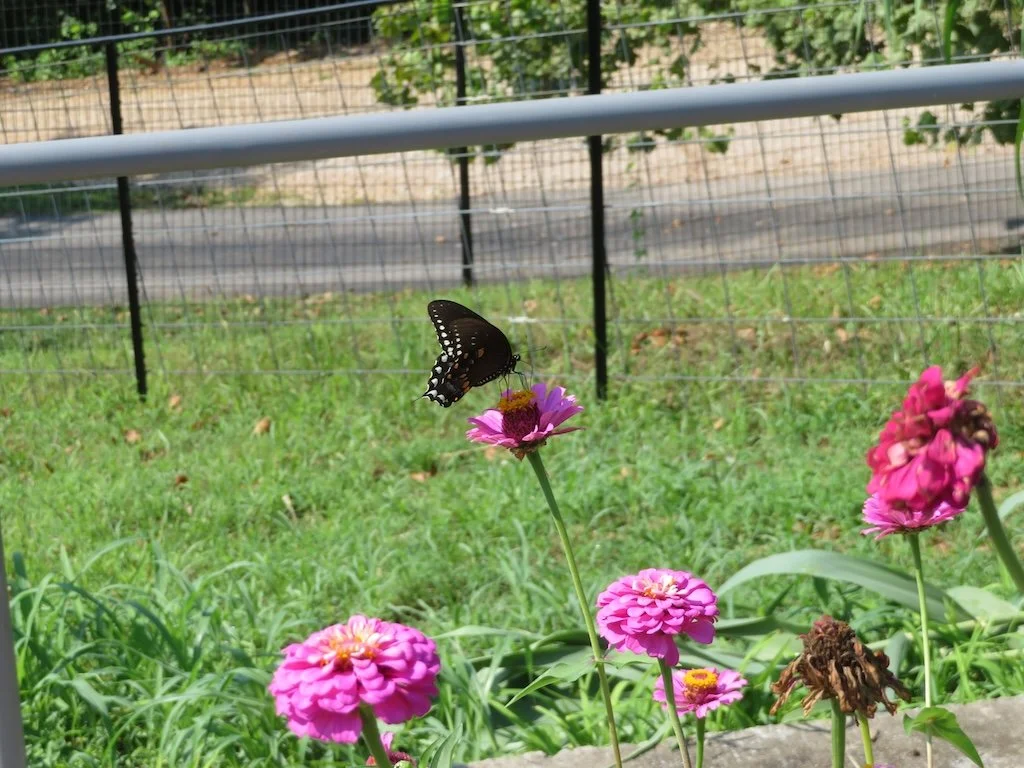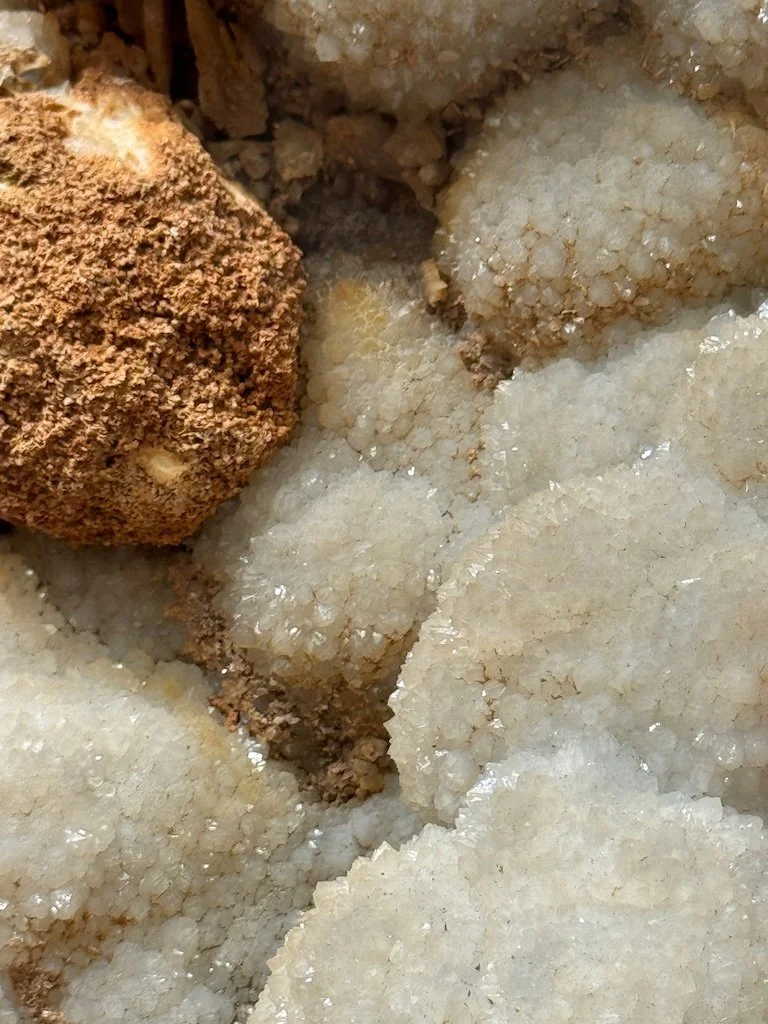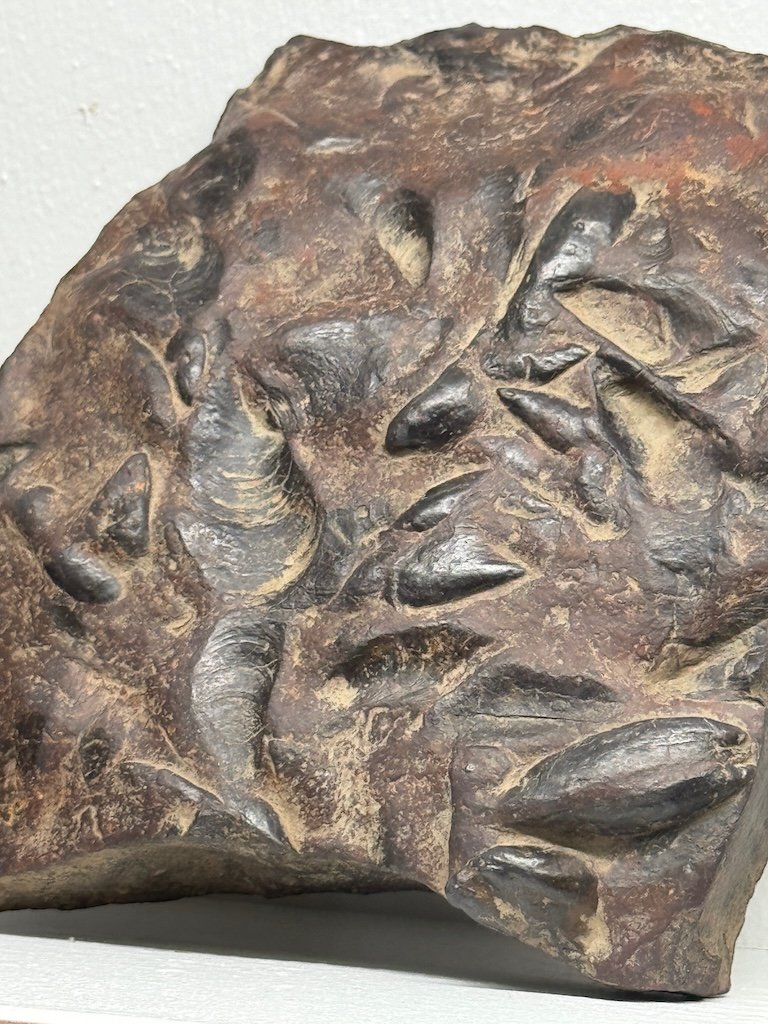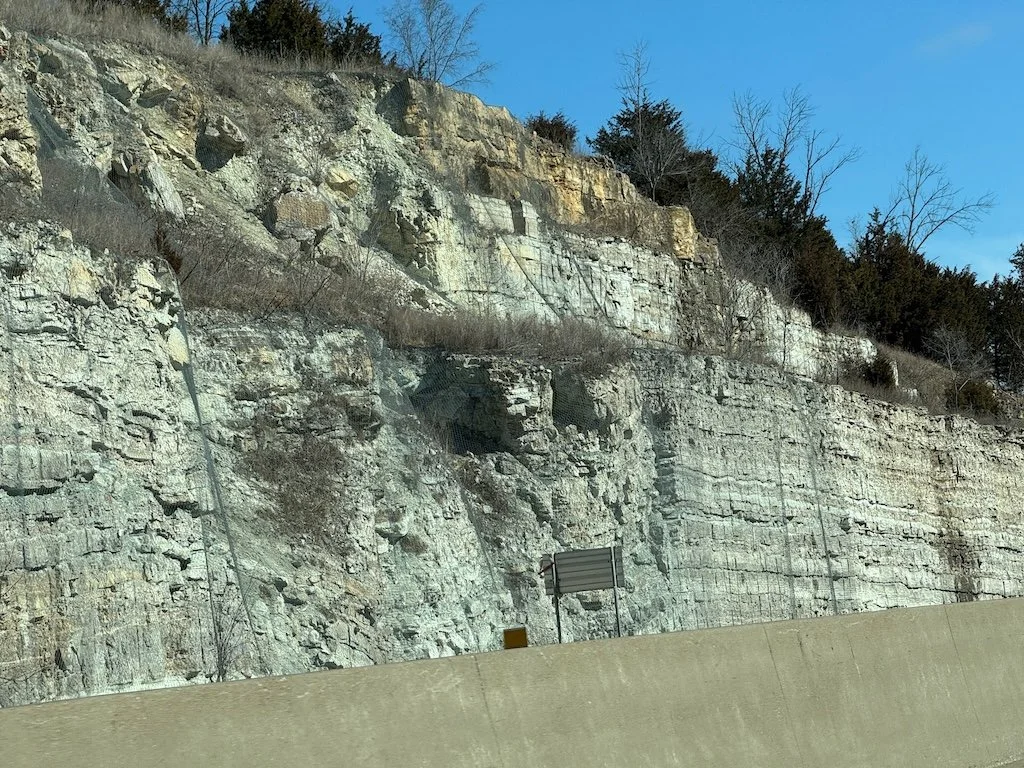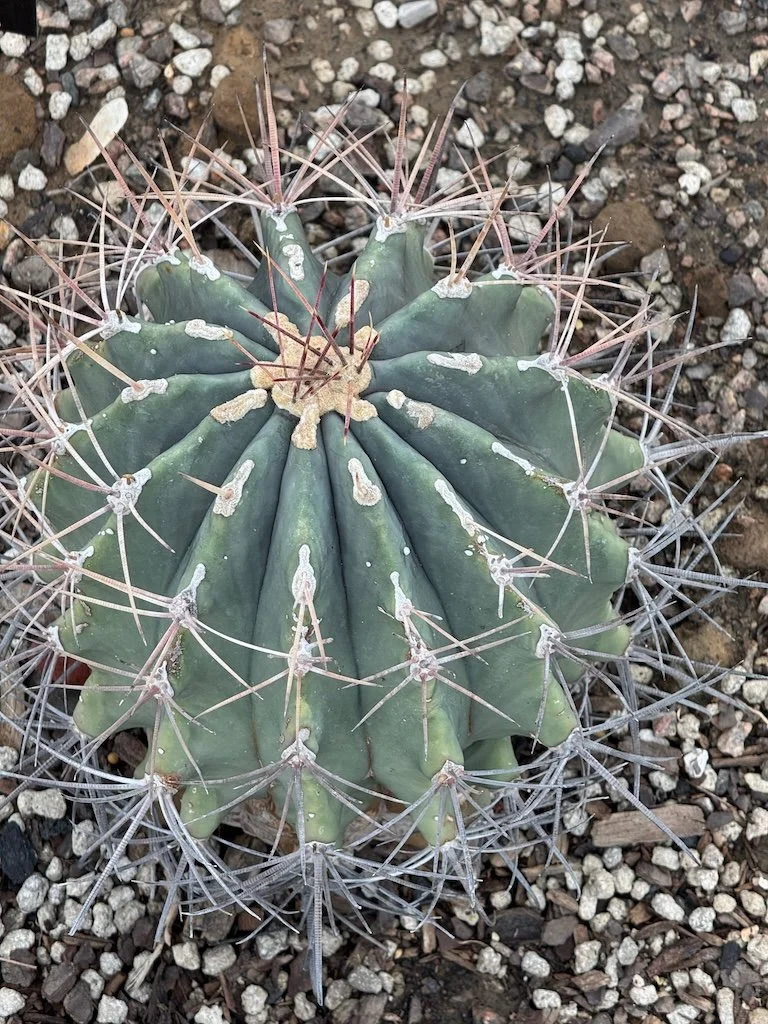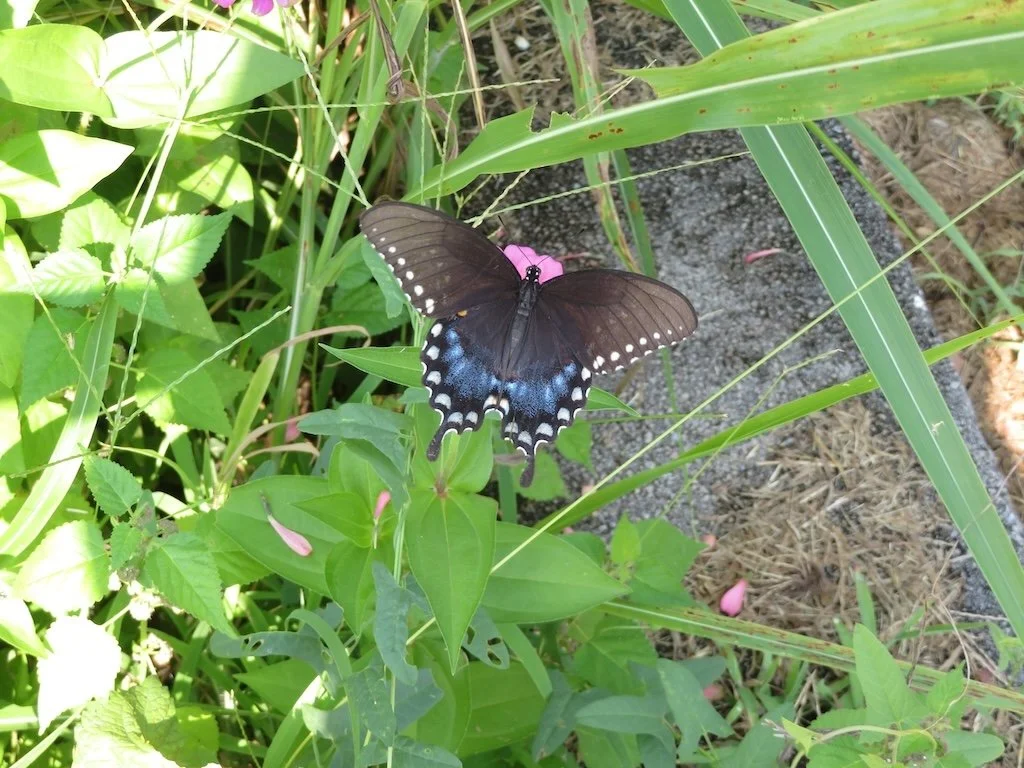The items below were ‘the cream’ of the articles and websites I found this past week. Click on the light green text to look at the article.
In This Storied Egyptian City, Rising Seas are Causing Buildings to Crumble – Alexandria, Egypt. Since 2001, 290 building have collapsed as the rising water table weakens soil and erodes foundations. There are other historic coastal cities with the same problem.
Astronomers Discover 128 New Moons Orbiting Saturn, Cementing the Planet’s Title of ‘Moon King’ – The total number of moons of Saturn is now 274….almost twice as many as all the rest of the moons in our solar system combined.
Microplastics could be fueling antibiotic resistance - Microplastics -- tiny shards of plastic debris -- are all over the planet. They have made their way up food chains, accumulated in oceans, clustered in clouds and on mountains, and been found inside our bodies at alarming rates. Scientists have been racing to uncover the unforeseen impacts of so much plastic in and around us. One recent discovery: bacteria exposed to microplastics became resistant to multiple types of antibiotics commonly used to treat infections. They say this is especially concerning for people in high-density, impoverished areas like refugee settlements, where discarded plastic piles up and bacterial infections spread easily.
How the Development of the Camera Changed Our World - From glass plates to paper prints to digital photograph imaging, the photo revolution's intention remains the same—to immortalize our world.
Alphonse Mucha Helped Define Art Nouveau. A New Show Explores His Lasting Influence – Mucha was undeniably revered in his day, when his posters and advertisements were widely disseminated. His posters lined the streets, and his illustrations graced the covers of major magazines. And to feed the public demand for his work, Mucha even produced smaller posters printed in publications, allowing people to bring his ornately detailed lithographs home without having to rely on the luck of finding one in the wild. The special exhibit will be at the Nelson-Atkins Museum of Art, 4525 Oak Street, Kansas City, Missouri, April 11–August 30, 2026….maybe I will plan a road trip for next spring!
'You look up and see light coming through': The divers venturing under the ice in the name of science - In a remote corner of Lapland, northern Finland…a lake with 28 in. layer of ice with a hole cut in it. Divers are tethered to the surface using a safety rope, with a handler on the surface communicating with the diver via rope signals. The training here on the frozen lake is practice for work that will be done out on the sea ice of the Arctic and Antarctic, where there are added dangers – large seals sometimes gather at the dive holes, preventing divers from leaving the water. In 2017, Alf Norkko, a professor of marine research at the University of Helsinki, and his team discovered big changes on the seafloor under Antarctic sea ice since their previous diving expedition in the same area in 2009. "There was a remarkable increase in the abundance of life," he says. Norkko says that he and his fellow scientists are so dedicated to this work because they are aware of the urgency of climate change. At present, there is a race afoot to understand it, and to respond to it.
Grave of Roman Twins Excavated in Croatia – Twins that died between birth and 2 months…placed face to face. Suffered malnutrition before birth. Infant mortality was as high as 30% in Roman societies.
Particulate matter levels in air exceed WHO limits in majority of world's big cities - Fewer than one in five global cities met World Health Organization air pollution standards (for PM2.5) in 2024 with Central and South Asia accounting for the nine most polluted metropolitan areas on Earth. Los Angeles and Ontario, California are the most polluted in the US. Mayaguez, Puerto Rico had the cleanest air of any metro area around the world. Man-made activities such as fossil fuel burning for transportation, generating electricity and domestic heating, industrial processes, fireworks and smoking were the largest sources of pollutant PM2.5, but that natural sources including wildfires, dust, pollen and dirt also contributed to particulate loads in the air.
China’s First Domestic Cats Took the Silk Road 1,400 Years Ago, New Study Finds - The Tang Dynasty (618–907 C.E.), from which the oldest cat in the study hails, saw peak activity along the legendary trade network, which boosted the exchange of goods and ideas between China, India, and Persia. It’s not improbable that merchants from the West could have carried cats on their journey to East Asia.
Can Toxic Mining Waste Help Remove CO2 from the Atmosphere? - On the coast of Newfoundland, waste from a shuttered asbestos mine has been a troubling source of contamination for decades. Now, a company plans to process the waste to draw CO2 from the air — one of several projects worldwide that aim to turn this liability into an asset. A 2022 report by the Lawrence Livermore National Laboratory estimated that existing asbestos tailings in Canada and the United States could remove up to 750 million tons of CO2 in total — while also removing an environmental health hazard.

